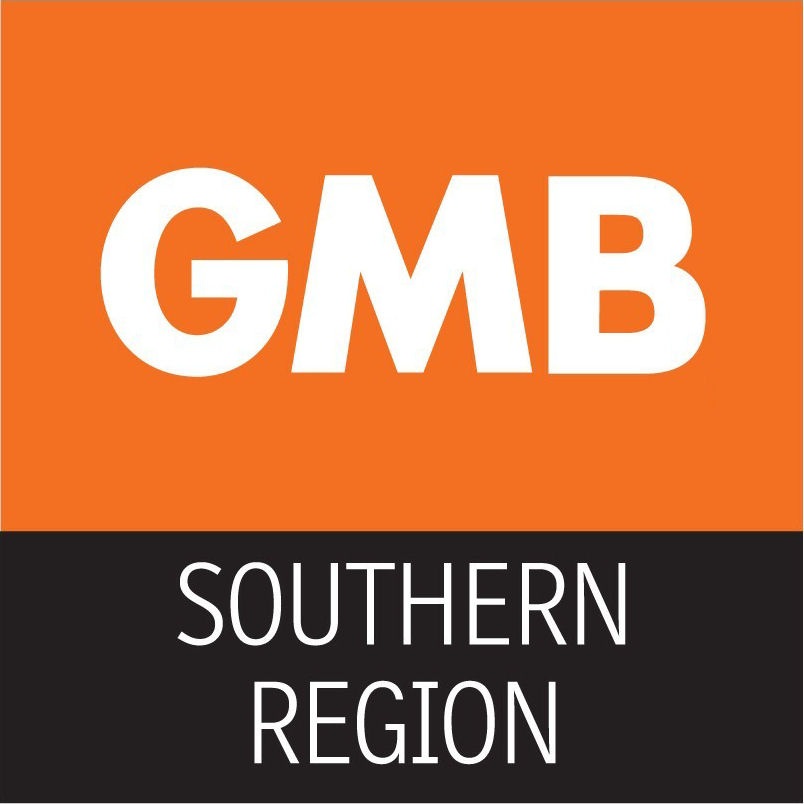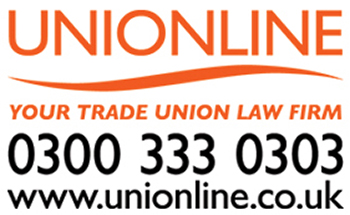Islamophobia Awareness Month 2025

As November comes to a close, GMB Southern Region marks the end of Islamophobia Awareness Month (IAM). IAM was started by a charity by the same name in 2012. The launch happened after an event at the London Muslim Centre and has since become a worldwide campaign.
Why is the IAM still needed?
The recent arson attack at the Peacehaven Mosque is Islamophobic in nature and shows there is still a need to tackle Islamophobia in the UK. This follows other violent incidents at a mosque elsewhere in the world including the March 2019 mass shootings at the Al Noor Mosque in Christchurch, New Zealand killing 51 worshippers.
From a hiring perspective, a BBC test in 2017 found that a job applicant with an English-sounding name is three times more likely to secure an interview than their counterpart with a Muslim name. Their CVs had been identical. The same article also said Muslim men are 76% less likely to have a job than White men. In their 2025 IAM article, the TUC included a statistics showing that Muslims were the victims in 45% of all recorded religion-based hate crimes. This equates to a 92% increase from 2023. All these statistics highlight there is still work to be done to tackle Islamophobia in the UK.
Aims of the IAM
There are 5 specific aims of the charity and in turn the IAM:
- Relationships: Creating strong relationships and raise awareness using training and resources
- Empowerment: Enabling people to use their learning and help bring about constructive change
- Equality: Increasing Muslim voices within ED&I practices
- Discussion: Facilitating discussions on matters pertaining to IAM’s objectives
- Challenging stereotypes: To offer counter-arguments for stereotypes of Muslims
What we can do to tackle Islamophobia?
This year’s IAM theme is to Flip the Script. It involves challenging misrepresentations of Muslims including stereotypes. It aims to move the conversations from:
- Assumptions to awareness
- Silence to allyship
- Tokenism to true inclusion
Ways to do so include calling out and reporting Islamophobia when it happens and promoting the achievements of a Muslim colleague.
In our workplaces, we can also provide quiet spaces for Muslim colleagues to pray and reflect, hold Ramadan meals for shift workers and have gatherings in locations without alcohol.
The Race Equality Matters further suggests the below:
- Learning More: Read up about Islam on books, TV shows and discussions
- Make Connections: Get to know Muslims in our community and workplaces; hear their experiences
- Self-Reflection: Identify our own biases and work towards addressing them
By following these steps, we can all play our parts and contribute towards tackling Islamophobia.



